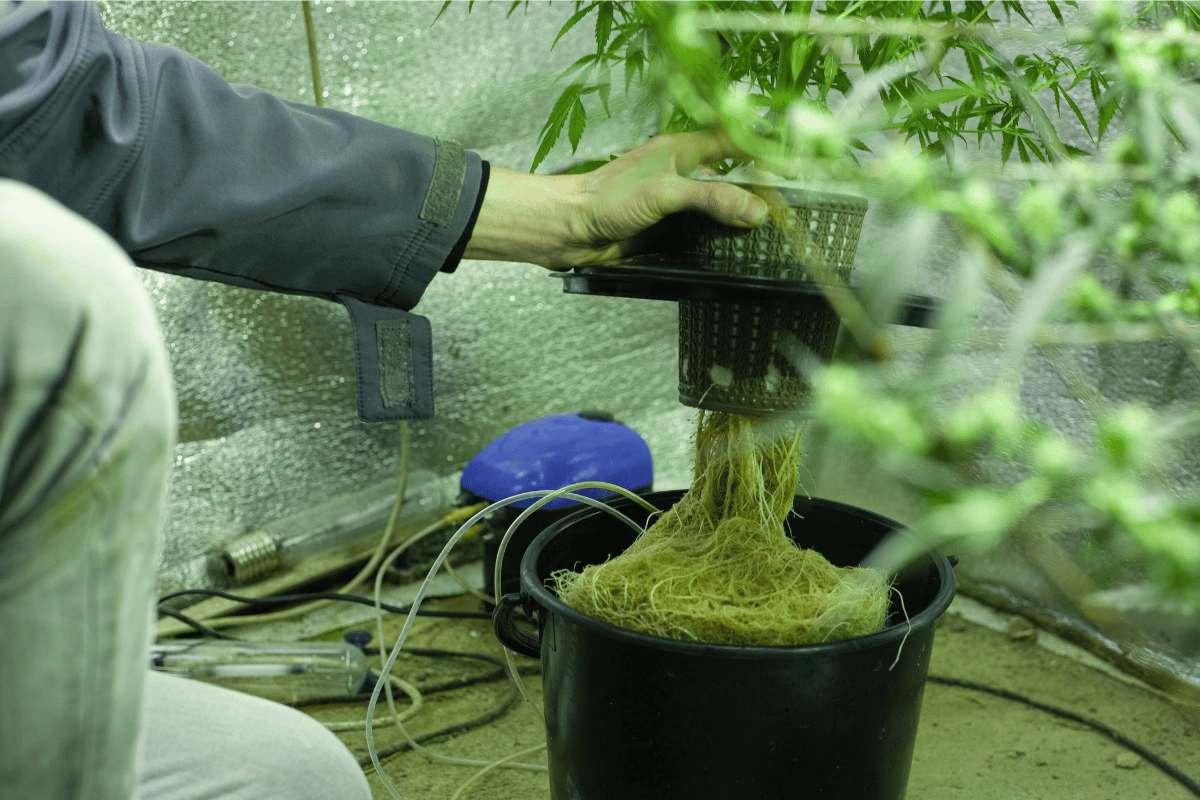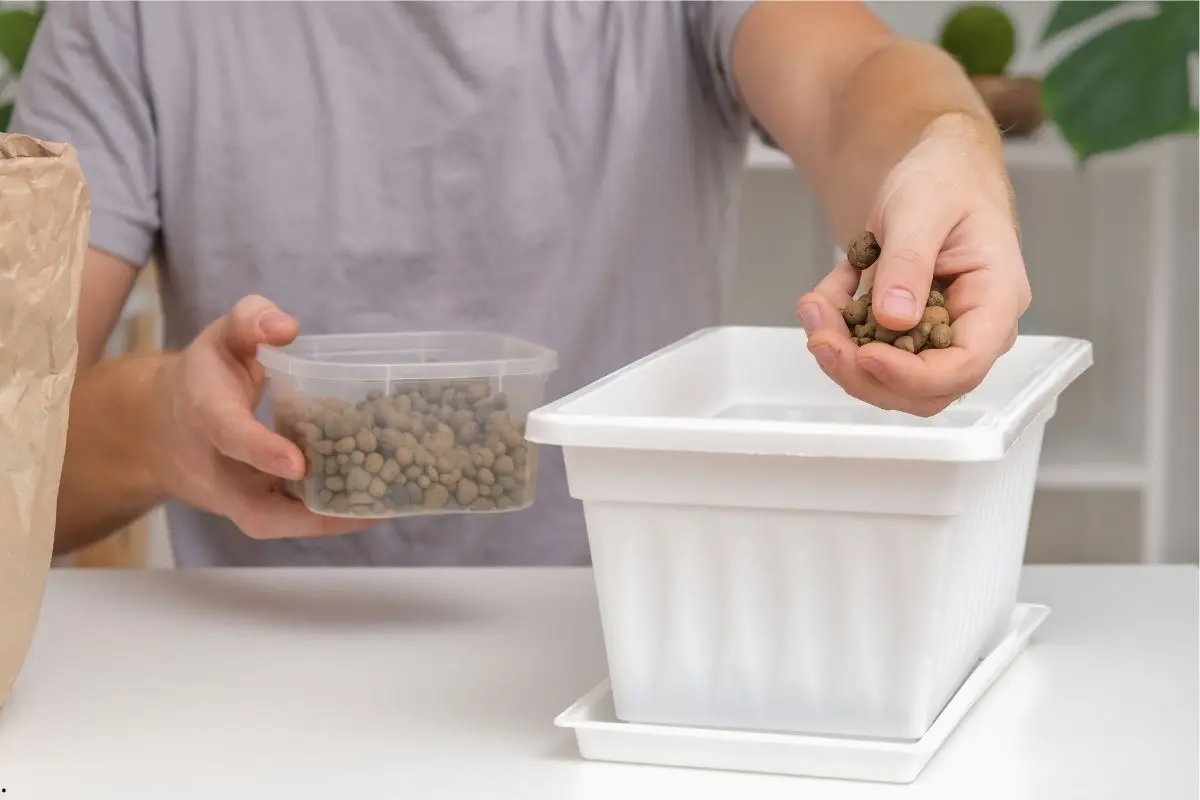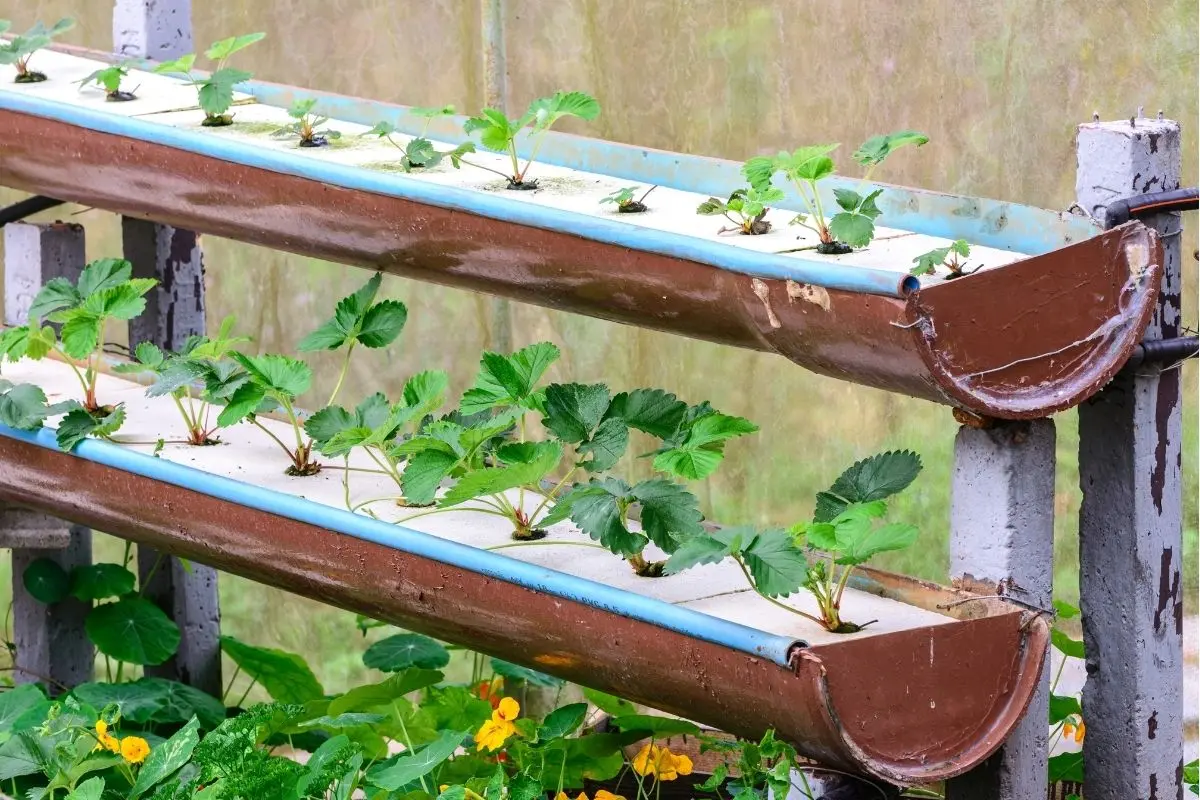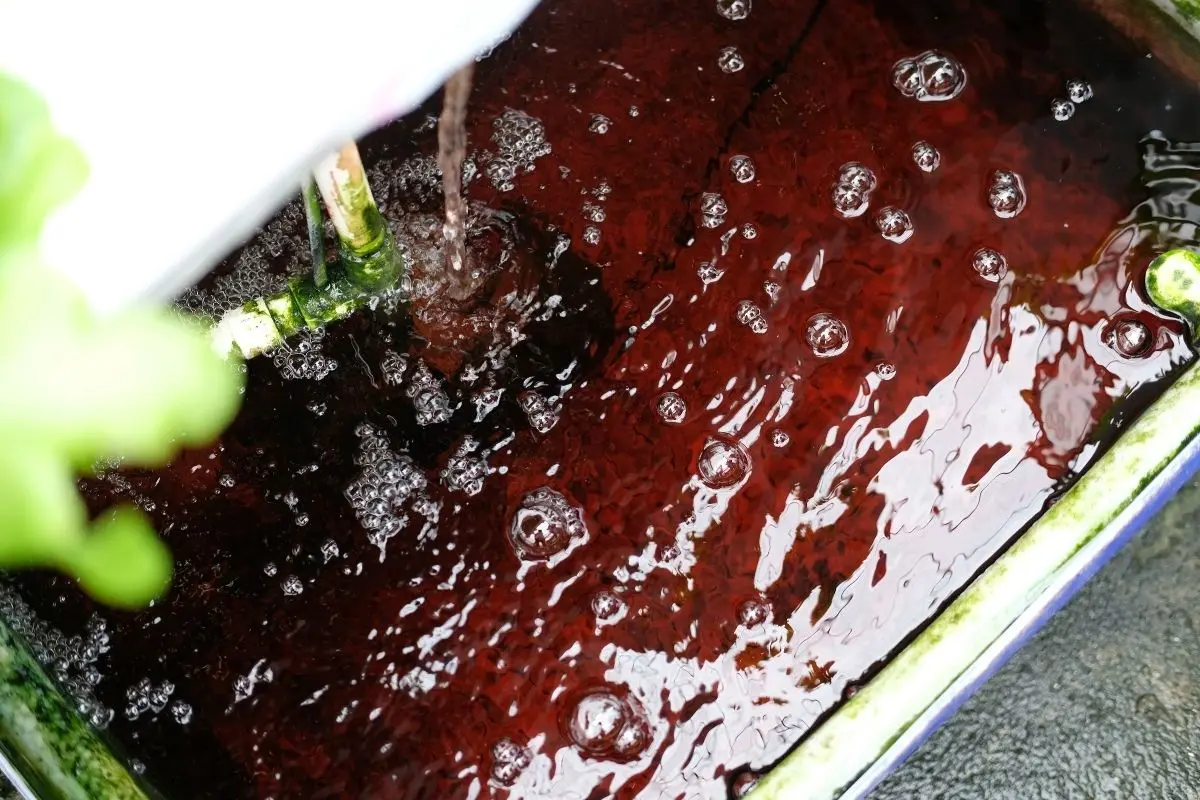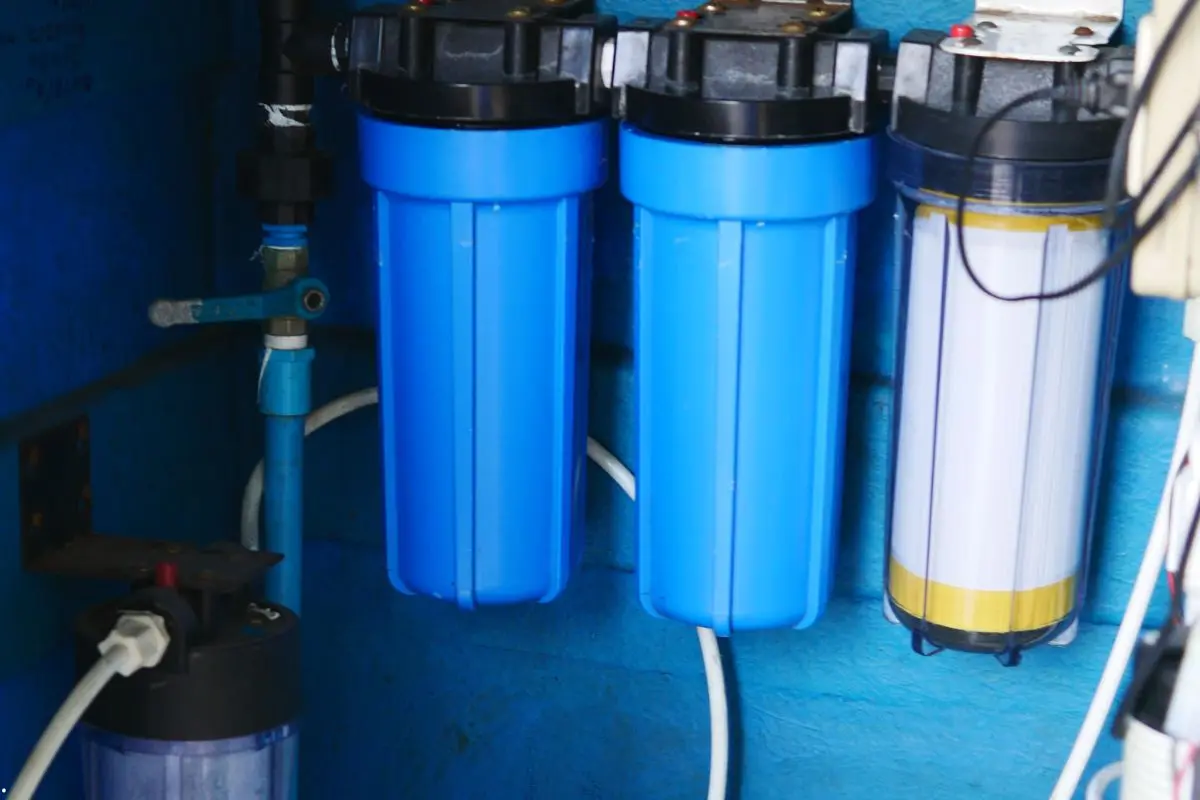In the ever-evolving little corner of home cannabis growing, you'll find two typical tribes: the earth‑faithful, clinging to soil and organic mixes; and the all‑in automators, fully braced for techno‑farming. Lately, though, there’s this riser—a growing crowd eyeing hydroponics. Sounds high‑tech, almost sci‑fi, but don’t worry—you needn’t be a rocket scientist to dive in. Just... be ready to keep your eyes on the prize.
Simply put, hydroponics means growing plants without soil. No scooping, no muddy mess. Instead, roots either anchor in a neutral substrate (think clay pebbles, perlite, or rock wool) or float directly in water. But—and there's that big but again—it's not just plain water; it's meticulously dosed, nutrient‑rich solution. That’s the first red flag that this path might get technical.
How the whole thing ticks
Imagine a mini control station next to your grow light: a tank of nutrient brew, a pump (or mind you, two—water and air), a plant‑supporting medium, and yes, the lighting—because no photons, no photosynthesis. Everything must run smoothly, like a calm, well‑oiled watchwork.
Roots get a constant buffet of food and oxygen. It sounds like paradise—because, given perfect conditions, cannabis in hydroponics truly flourishes: faster, healthier, and often with bigger yields.
But—and here it is again—it can be unforgiving when anything slips.
Hydroponics—no walk in the park
So, is it a good fit for every grower? In a nutshell: no. Hydroponics is way more demanding than plowing through dirt. Your hero tools? Knowledge, vigilance, discipline. Let the nutrient solution run too warm? Root rot. pH drifts a hair? Nutrient uptake stalls. Oxygen dips? Your plant is in trouble fast. There’s no shrugging and hoping here.
Little missteps can cascade into mold, root diseases, or outright root collapse. Especially for first timers, that’s a steep, heart‑pounding learning curve.
But here’s the catch…
Yet, the promise is tantalizing
If you nail the setup, hydroponics can reward you in kind—faster growth, precise feeding, and often jaw‑dropping harvests. You bypass soil’s mess, dodge transplant shock, and stay in full environmental control. Plus, water stays in circulation, so your costs may drop.
Picking your kit
It comes down to comfort and skill:
- DWC (Deep Water Culture) – easiest dive into the world. Roots suspended in aerated water.
- NFT (Nutrient Film Technique) – a slim nutrient stream flows along a channel where roots sip the goodies.
- Ebb and Flow – flood the roots, then drain; rinse‐repeat.
- Aeroponics – techy and temperamental: roots hang in air, misted continuously with feed.
A gentle suggestion to kick off
If you're unseasoned, start with DWC. It's basic yet revealing—you learn how hydroponics ticks. You grab a bucket, an aquarium air pump, a mesh pot and medium (like clay pebbles). But even this entry‑level method demands knowledge:
- pH (shoot for 5.5–6.5)
- EC (electrical conductivity) — measures feed strength
- Temperature — go cool: ~18–22 °C
Is it worth the headache?
For those who love control, thrive on precision, and don’t flinch before tech—hydroponics can be deeply satisfying. But if you're chasing “fast and easy,” well—this path may serve you more gray hairs than glory.
Hydroponics rewards the meticulous and can be pitiless to the sloppy. Think of it like handling a sports car; wonderful in trained hands, terrifying in the unprepared. For some, it's a gateway to stellar yields; for others, it’s a stress spiral.

